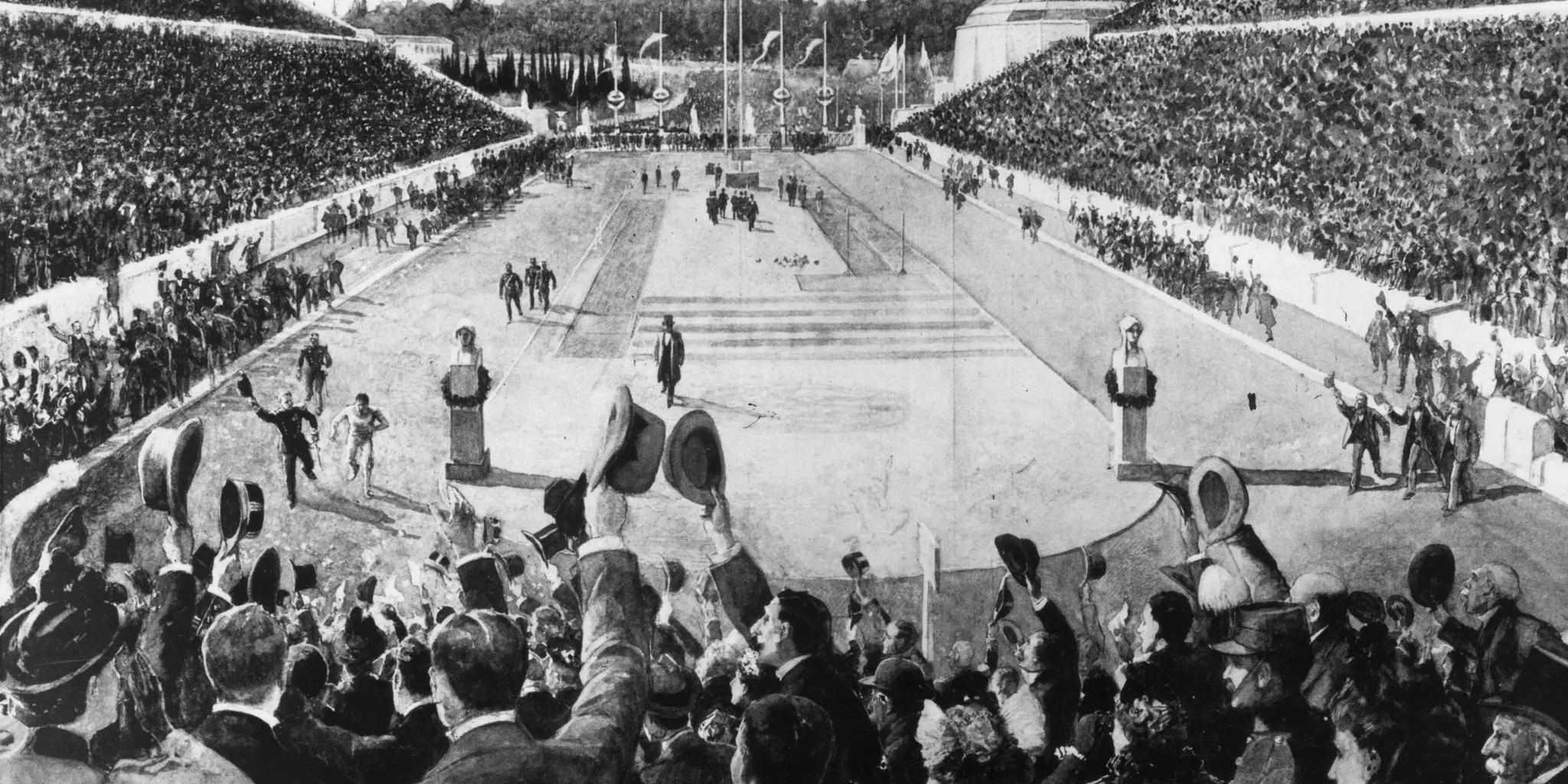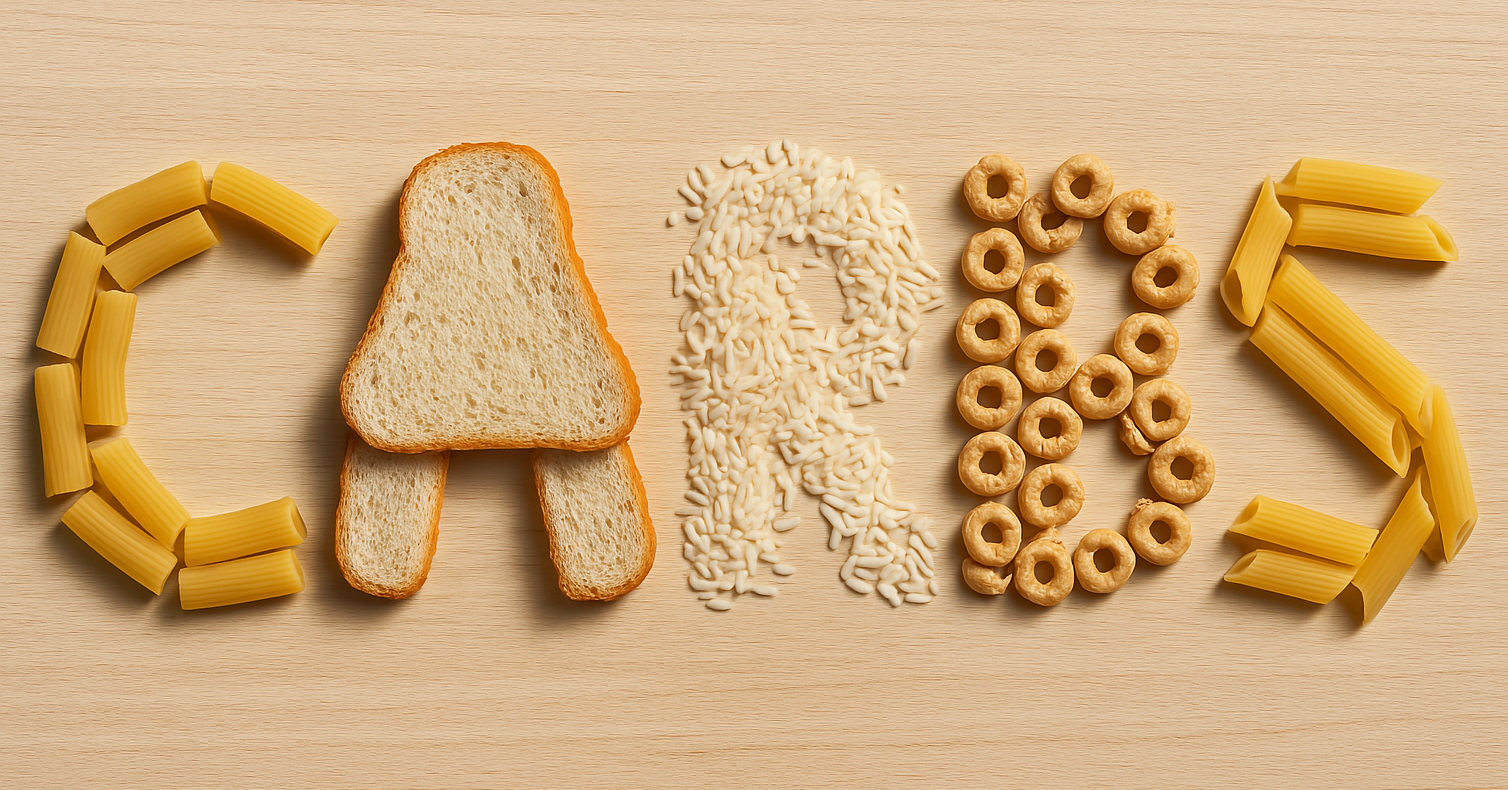13 Incredible Facts About The Olympic Marathon!

The marathon and the Olympic Games have a long and intertwined history, with the first ever marathon race being run at the first modern Olympics. The marathon has been at every Olympics since, and has given us some legendary stories and performances along the way.
The first ever marathon was run at the first modern Olympic Games in 1896. Local man Spiridon Louis covered the approximately 40km distance from the town of Marathon into Athens in 2:58.50, where he arrived into the Olympic Stadium to a huge cheer from the 100,000 spectators and became a Greek hero (as depicted in the image above). You can read the history of the marathon here.
The marathon has been part of every Olympic Games since 1896. That means there have been 33 men’s Olympic marathons.
The first women’s Olympic marathon was held at the 1984 Games in Los Angeles, when it was added to the Olympic schedule after years of campaigning. 50 women from 28 countries took part, and it was won by USA’s Joan Benoit, the then-world record holder, in 2:24:52.
Back to the first marathon… They didn’t have modern electronic timing back in 1896 so how do they know Louis ran 2:58.50? The Olympic marathon had one stopwatch and after it was pressed on the start line someone had to cycle ahead of the runners and take the watch to the finish line!
The Boston Marathon is the longest running marathon in the world it and was first run in 1897, inspired by the 1896 Olympics. The original Boston course was around 24.5 miles, but was later lengthened to the standard 26.2 miles. Talking of 26.2…
The distance of 26.2 miles was first run at the London 1908 Olympic Games, and then became standard from the 1924 Olympics. That means we’ve officially been running 26,195 yards or 42,195m for the marathon for 100 years! The story of that first 26.2 is fascinating and you can read about that here.
Marathoning became an indoor spectator sport. The final of the 1908 marathon featured a dramatic fall from Italy’s Dorando Pietri, who’s legs gave way on the track and he had to be carried to the finish, where he was disqualified and then beaten by USA’s Johnny Hayes (fun fact: he worked in Bloomingdale’s and would train on a cinder track on the department store’s roof!).
That failure led to notoriety and success in the US, and Pietri embarked on a tour of 22 long distance indoor races, including one in Madison Square Gardens against Hayes which the New York Times described as “the most spectacular foot race that New York has ever witnessed.” They had to run 262 laps each measuring one-tenth of a mile.
Marathon nutrition has changed a lot over the year. In 1896 Spiridon Louis supposedly had half an orange and a glass of cognac during his inaugural marathon, though other reports suggest he had an egg and a glass of wine to keep him going. Either way, it’s not exactly an energy gel.
In 1908, ‘nutrition’ included rice pudding, raisins, brandy, bananas, milk and soda. Incredibly they were also offered strychnine, which was supposed to help them keep going, but is potentially a deadly poison!
One of the most legendary Olympic performances of all time came from Emil Zatopek. The Czech runner won the 5000m, 10,000m and the marathon in the 1952 Olympics in Helsinki. As well as winning three gold medals, he set Olympic records in each race. It was a last minute decision to run the marathon, and it was his first time racing that distance, which he finished in 2:23:03.
Ethiopia’s Abebe Bikila was a late call-up to take part in the marathon at the Rome 1960 Olympic Games, but he ran himself into the history books, and did it without shoes, giving him the nickname Barefooted Bikila. Having tried on a pair of running shoes ahead of the race and suffering from blisters, he decided to run shoeless, and he won the race in a new world record time of 2:15:16. He won gold again at the Tokyo 1964 Olympic Games, and lowered the world record to 2:12:11 – that’s the last time the marathon world record was set at the Olympics.
Let’s talk medals. Bikila is one of only three people to have won the Olympic marathon twice, along with East German Waldemar Cierpinski (1976, 1980) and Kenya’s Eliud Kipchoge (2016, 2021). If Kipchoge wins in Paris in 2024 he’ll become the only person with three Olympic marathon golds.
Between men and women, Ethiopia has won six gold medals in the Olympic marathon, and Kenya has the most overall medals with 15. In total, 18 different countries have won a gold medal in the marathon.
What are the fastest and slowest Olympic marathon times? In 1904, American Thomas Hicks won the Olympic marathon in 3:28:53, which is by far the slowest winning time (no other Olympic men’s marathon has taken more than 2:59). The men’s Olympic marathon record is 2:06:32, run by Kenya’s Samual Wanjiru in Beijing 2008.
Something new is happening in Paris and the Marathon Pour Tous, or the Marathon For All. Run in between the men’s and women’s race, thousands of people will get run the full olympic marathon course. It begins at 10pm local time, so will be a unique experience for runners in Paris.
The men’s marathon is traditionally the final event of the Olympic Games, but in Paris 2024 the women’s marathon is the final event of the games. They run a route which is symbolically based on the Women’s March on Versailles, which happened on 5 October 1789.
Will we see a historic performance at the Paris 2024 Olympic Marathon?




























Running News
Ingebrigtsen Stars at World Athletics Indoor Championships 2025 – Plus All The Winners!
Sam Ruthe Is First 15-Year-Old To Run A Four-Minute Mile!
Eliud Kipchoge Will Run The 2025 Sydney Marathon!